Queen’s Wreath Info – Learn About Growing Queen’s Wreath Plants
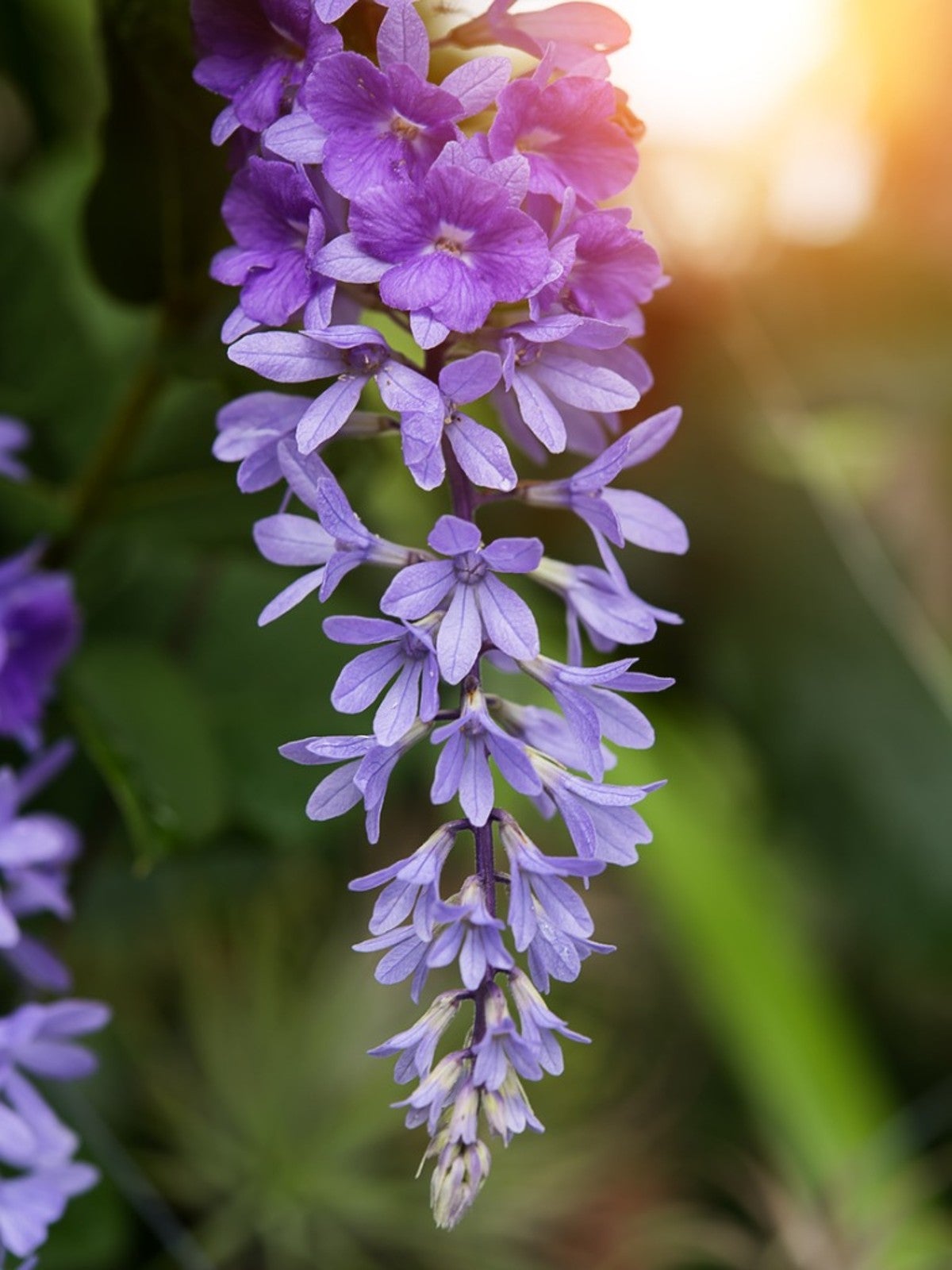
If you want to add a touch of the tropics to your landscape, try growing queen’s wreath vine (Petrea volubilis). Native growing queen’s wreath has quite a large range but in North America it is only hardy in USDA zones 10-11. The following contains queen’s wreath info on how to grow and care for the vine.
What is a Queen’s Wreath Vine?
Queen’s wreath vine is a gorgeous tropical vine that looks somewhat similar to wisteria with its floppy lavender blooms. These clusters of foot long, star shaped blooms flower several times a year on this evergreen.
Queen’s Wreath Info
This vining plant is native from Southern Mexico through Central America and on into northern and western South America. It is also found in Cuba, Jamaica, Puerto Rico, and Hispaniola. Queen’s wreath is also referred to as petrea, purple wreath, or sandpaper vine in reference to the plants stiffly textured foliage.
A rapid grower, the vine flowers multiple times per year between February and June. The flowers are densely packed clusters of blooms called racemes that from a distance look like grape clusters. Once the blooms fall from the vine, they leave behind purple calyces that decorate the vine for weeks. When the calyces do fall from the vine, they do so in a most entertaining manner, taking flight like so many whirligigs.
The purple queen’s wreath is the more common cultivar but there is also a white blooming cultivar called ‘Albiflora.’ This vine grows voraciously in its native habitat, but when cultivated the vine tends to be much smaller or trained as an espalier.
How to Grow Queen’s Wreath Vine
Queen’s wreath thrives in full sun but will tolerate partial shade in moist, fertile, and well-draining soil. It can be propagated by seed, cuttings, or air layering however, when growing from seed be advised that the plant will not bloom for two to three years.
Provide the plant with some type of support upon which to clamber be it a trellis or fence. When the plant does bloom the initial burst of blossoms may defoliate the vine, but leaves will form and return again.
Gardening tips, videos, info and more delivered right to your inbox!
Sign up for the Gardening Know How newsletter today and receive a free copy of our e-book "How to Grow Delicious Tomatoes".
Queen’s Wreath Care
When the plant is young it requires frequent watering but as the plant establishes it becomes more drought, wind, and salt tolerant. Plants should be protected from frost. In cooler regions, the vine should be grown in containers which can be overwintered indoors or inside a greenhouse or sunroom.
Once established little care is required, beyond the occasional pruning and watering. Queen’s wreath has few major pest or disease problems although it is susceptible to mold, scale, mealybugs, and less frequently spider mites.

Amy Grant has been gardening for 30 years and writing for 15. A professional chef and caterer, Amy's area of expertise is culinary gardening.
-
 Looking For Plants To Give You The Soft And Fuzzies? Try These 5 Fuzzy Leaf Plant Options
Looking For Plants To Give You The Soft And Fuzzies? Try These 5 Fuzzy Leaf Plant OptionsLovers of texture, drama, silver foliage and tactile plants will adore these special sensory garden additions. These fuzzy leaf plant options will leave you all aglow
By Susan Albert
-
 Get Ready For A Summer Of Hummers! Grow These Full Sun Hummingbird Plants and Flowers
Get Ready For A Summer Of Hummers! Grow These Full Sun Hummingbird Plants and FlowersIf you’re lucky enough to enjoy a sunny backyard, make sure you are maxing out on your pollinator opportunities and grow these full sun hummingbird plants and flowers
By Tonya Barnett
-
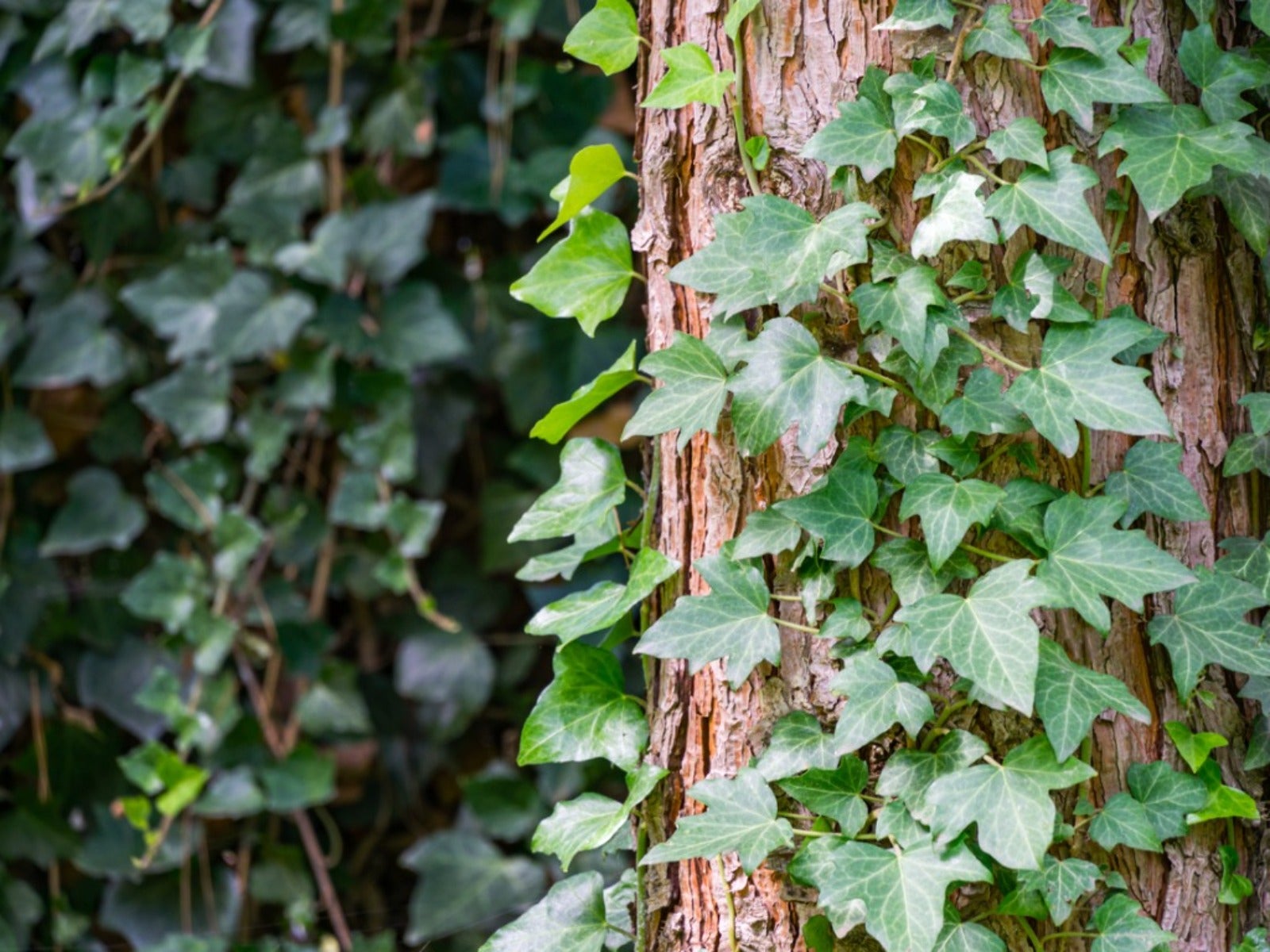 7 Invasive Vines To Avoid In Your Yard And Garden
7 Invasive Vines To Avoid In Your Yard And GardenWhat are some common invasive vines to avoid in your yard and garden spaces? Click here to find out.
By Susan Albert
-
 Fragrant Climbing Vines For Arbors And Trellises
Fragrant Climbing Vines For Arbors And TrellisesAdding fragrant climbing vines to the landscape adds a sense of height and olfactory pleasure! Climbing vines make your space more lush, interesting, and vibrant.
By Tonya Barnett
-
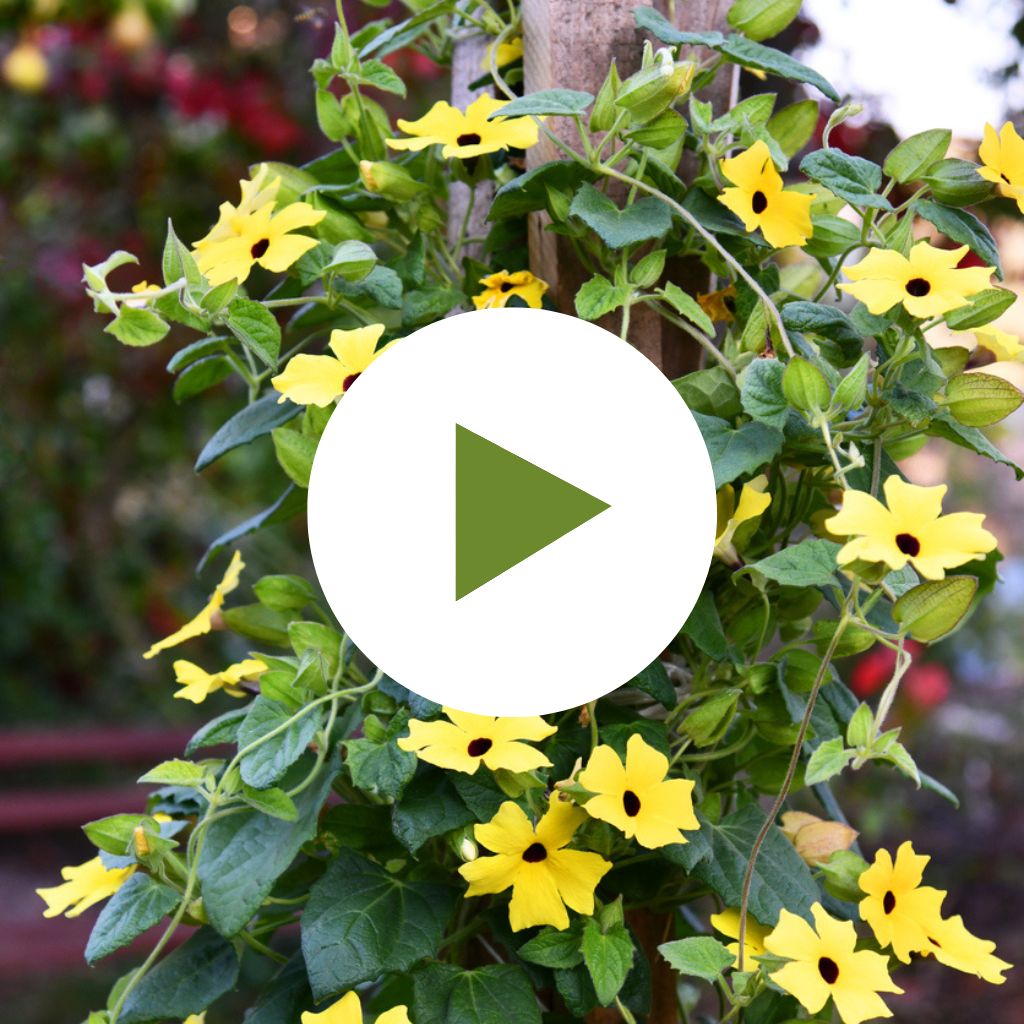 10 Flowering Vines With An Extended Bloom Season
10 Flowering Vines With An Extended Bloom SeasonWhether you’re short on space, need to add privacy or hide unsightly views, take advantage of your vertical space with flowering vines.
By Amy Draiss
-
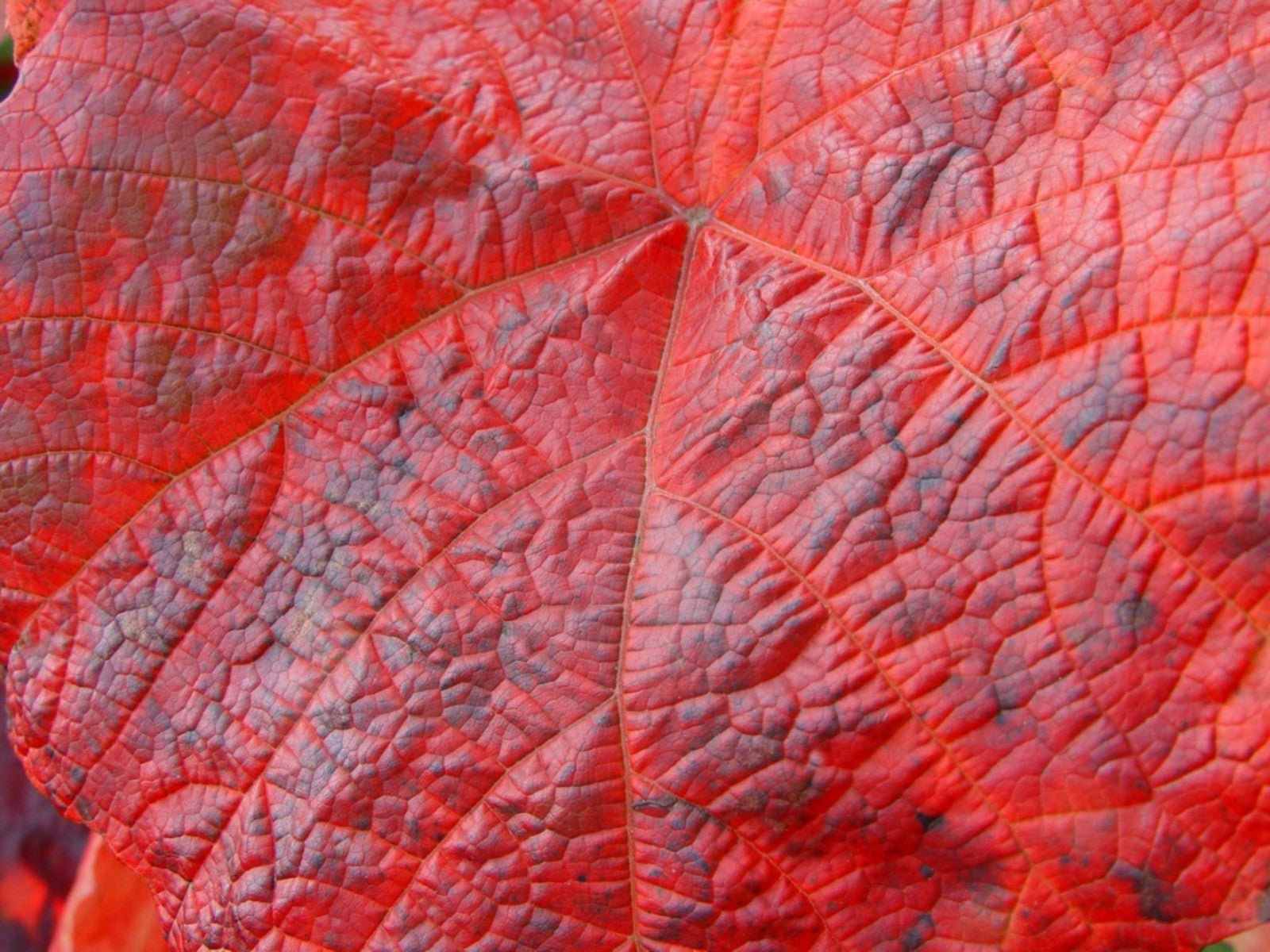 Crimson Glory Grapevines – Growing A Crimson Glory Vine Plant
Crimson Glory Grapevines – Growing A Crimson Glory Vine PlantAlso known as Crimson Glory grapevines, the Crimson Glory vine plant is actually an ornamental type of grape. Read on for more info.
By Tonya Barnett
-
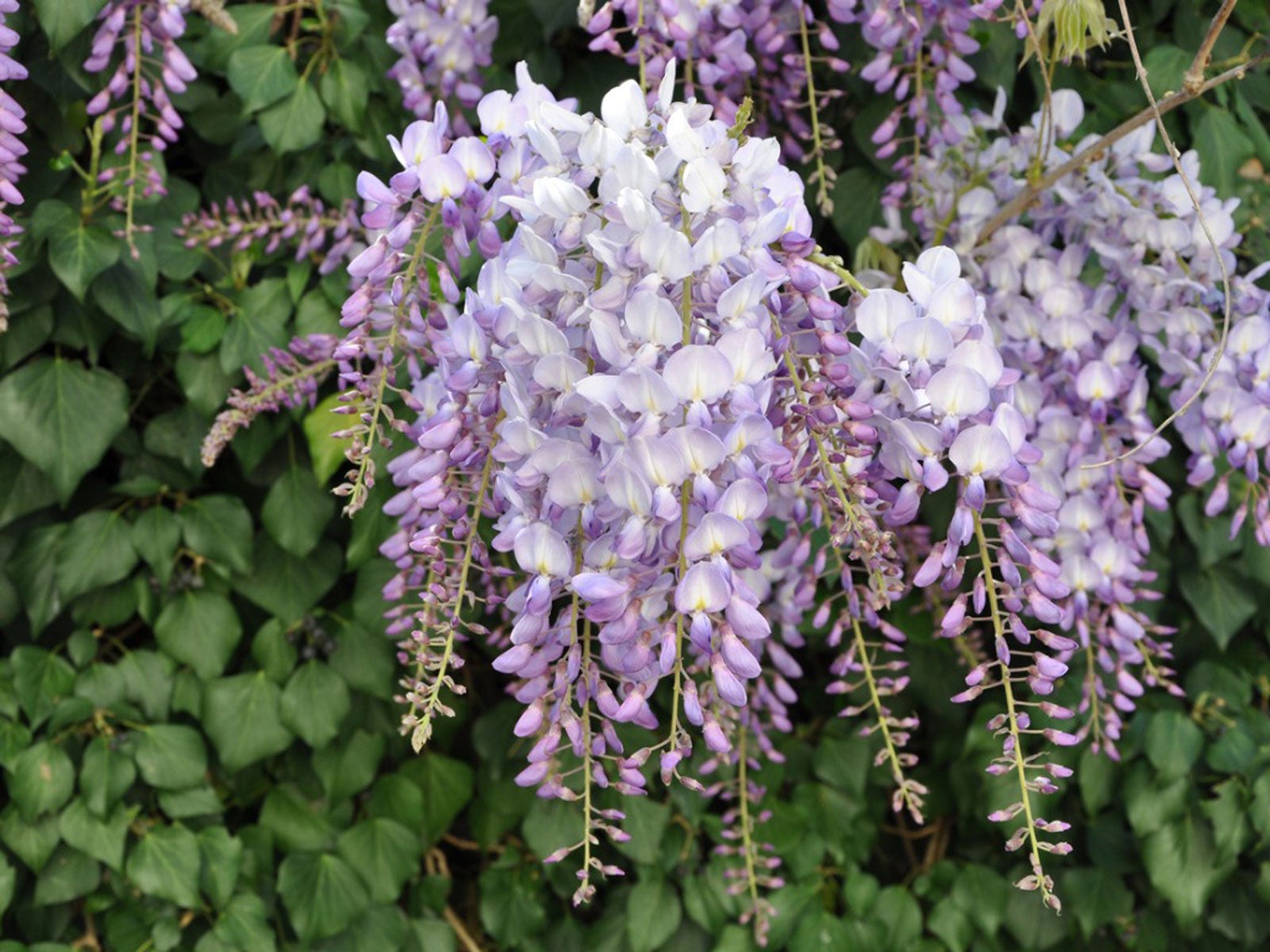 What Are Deciduous Vines: Growing Deciduous Vine Varieties In Gardens
What Are Deciduous Vines: Growing Deciduous Vine Varieties In GardensDeciduous vine care may be a bit more difficult than hardy evergreens but will be worth it when they come back in spring. Click here for more info.
By Bonnie L. Grant
-
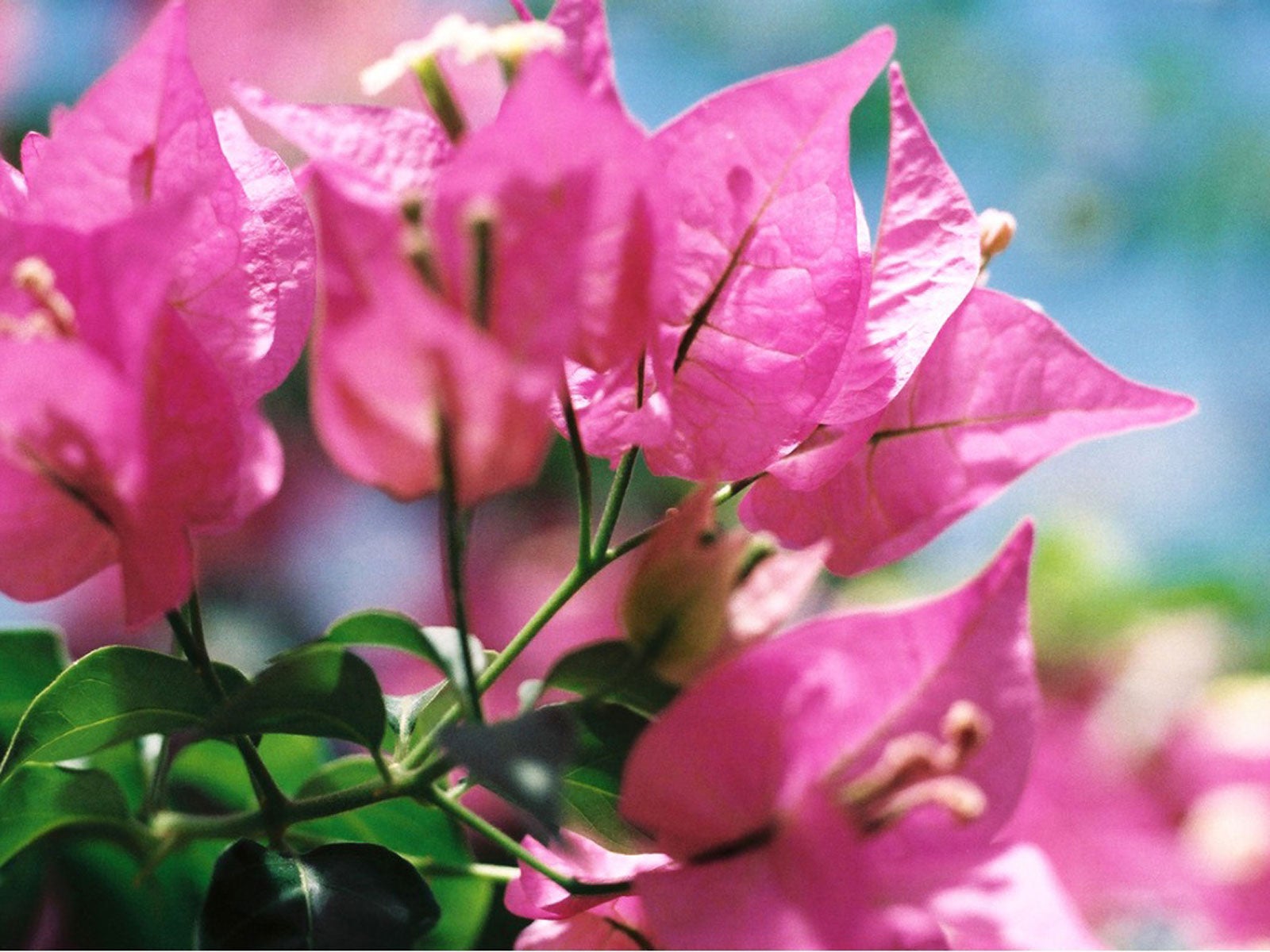 Vines For Full Sun Locations: Growing Vines That Like Sun
Vines For Full Sun Locations: Growing Vines That Like SunTrailing vines that like full sun can grow up a fence, trellis, or an arbor with various purposes in the landscape. Find some full sun vines here.
By Becca Badgett
-
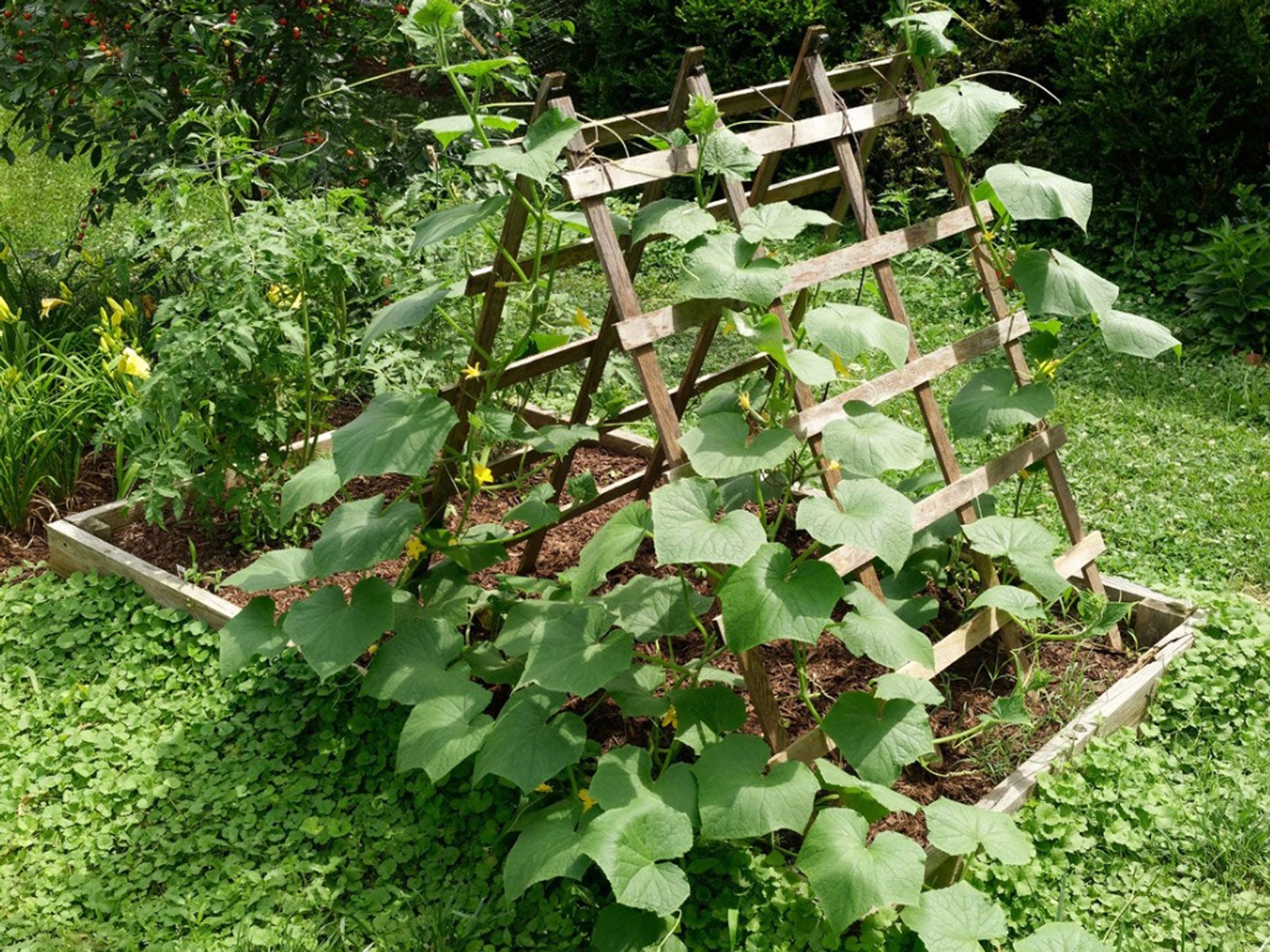 Different Trellis Types: Tips For Using Trellising In Gardens
Different Trellis Types: Tips For Using Trellising In GardensMaybe you confuse a trellis with a pergola, which is easy to do. If you’ve wondered exactly what a trellis is, click here to get more info.
By Becca Badgett
-
 What Are Tendrils For – Should Tendrils Be Removed From Vines
What Are Tendrils For – Should Tendrils Be Removed From VinesMost gardeners have had one or more climbing plants in the garden that have tendrils. What are tendrils for? Should they be removed? Find out here.
By Amy Grant